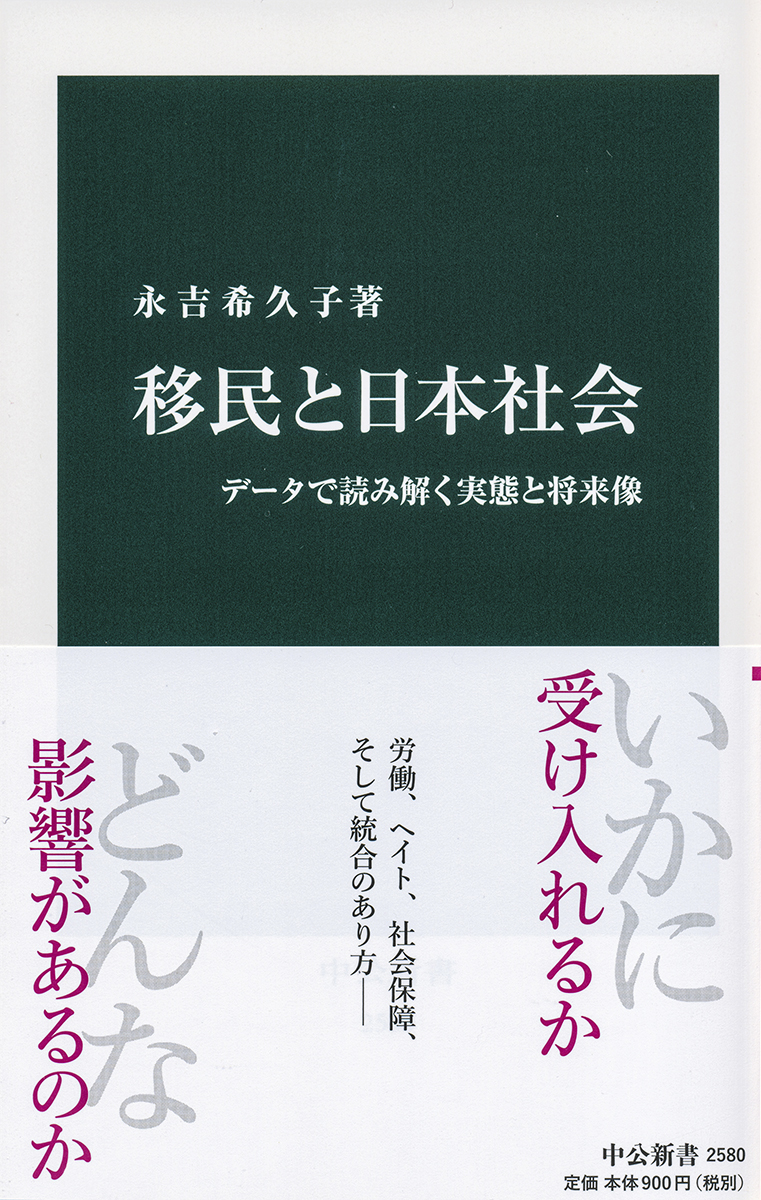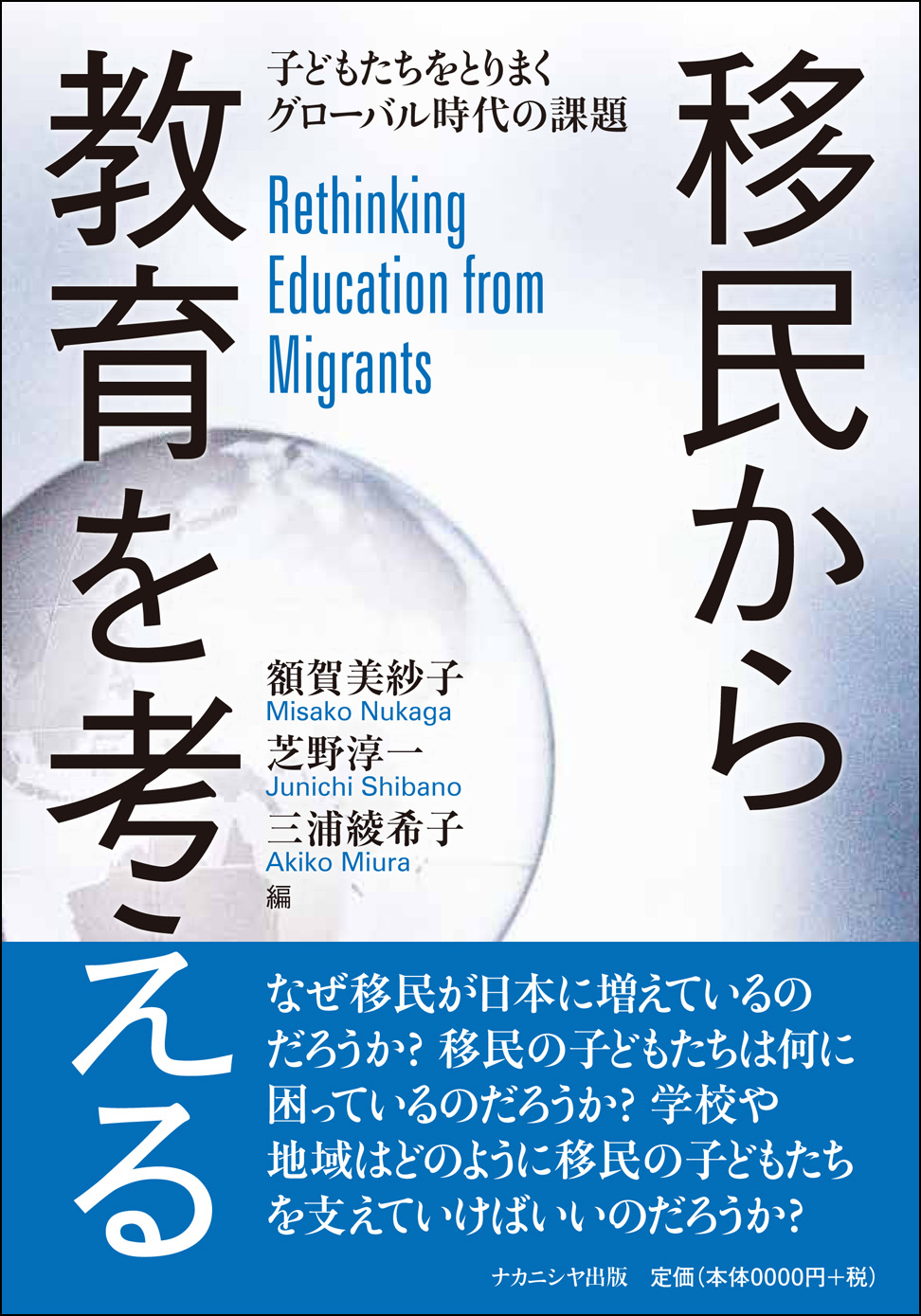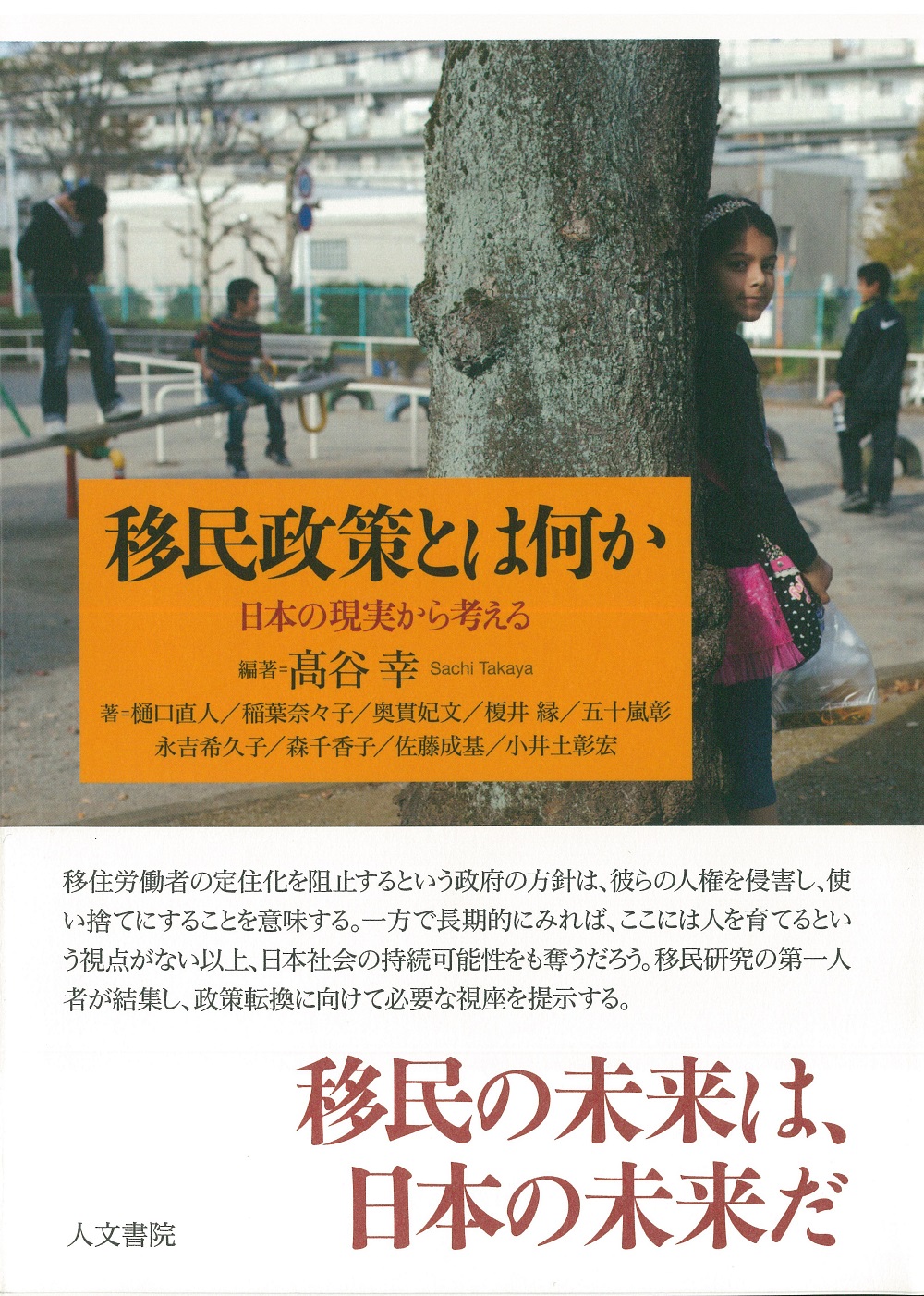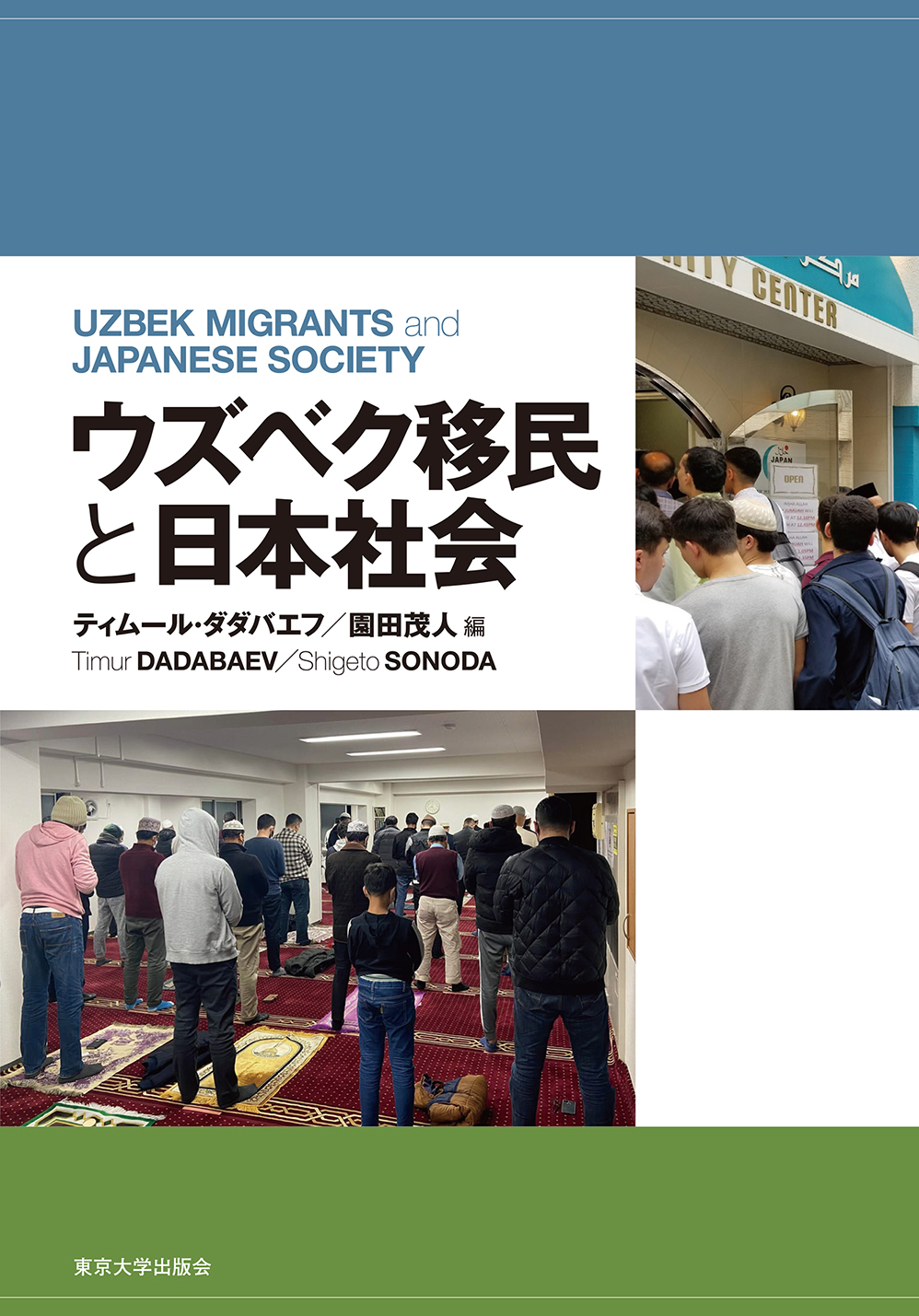
Title
Imin to Nihonshakai (Immigrants and Japanese Society - The Actual Situation and Future Vision Assessed through Data)
Size
304 pages, paperback pocket edition
Language
Japanese
Released
February 19, 2020
ISBN
978-4-12-102580-7
Published by
CHUOKORON-SHINSHA
Book Info
See Book Availability at Library
Japanese Page
This book examines the impact of immigration on society based on the results of empirical studies conducted in and outside of Japan. There is a tendency to argue about the impact of immigration based on impressions and ideologies. In contrast, this book aims to provide a foundation for constructive discussion by presenting the findings of empirical studies.
The book reviews empirical studies in Japan and other countries on the multidimensional impact of immigration, including economic and social impacts and those of policy interventions, and its long-term impact. For example, public opinion surveys in Japan suggest that one of the main concerns about immigration is increasing crime and worsening public safety. However, the results of studies in the US and Europe do not necessarily bear out such concerns. These studies show that an increase in immigration does not necessarily increase crime rates; on the contrary, it may lead to a decrease. This has been interpreted as the effect of strong networks in immigrant communities and economic revitalization due to an increasing number of inhabitants (immigrants). Although there is not enough research on the relationship between immigration and crime rate in Japan, we see from these results that the relationship between increased immigration and increased crime is not self-evident.
A review of previous studies shows that the impact of immigration on society depends on how a society accept immigrants, referring not only to immigration and integration policies at the national level, but also to the actions of such actors as local governments, companies, and community members. In other words, the impact of immigration should not be seen as “the impact that immigrants have on a host society,” but as “the impact that emerges through the interaction between immigration and the host society.”
Adopting this perspective can change how we look at “immigration issues.” For example, during the economic downturn after the collapse of Lehman Brothers, the unemployment and resulting economic hardship of Nikkei immigrants from South American countries became an issue in Japan. This problem occurred due to the dual structure of the Japanese labor market, which kept Nikkei immigrants in the secondary labor market, and weak state welfare. Therefore, thinking about the “immigration issue” is not limited to thinking about “immigration” or “immigrants,” but also thinking about society as a whole, including employment, education, social security systems, and the community. So far, Japan has accepted immigrants, mainly in response to the need for labor, without sufficient public discussion. This book shows that the acceptance of immigrants is an issue that should be considered by all members of society as a party to it, and that a national data-based debate is required.
(Written by NAGAYOSHI Kikuko, Associate Professor, Institute of Social Science / 2021)
Related Info
The 37th Ohira Masayoshi Memorial Prize the Special Prize (Jan 12, 2021)
http://ohira.org/37-ohira-award/
http://ohira.org/37-titlewinner/6/



 Find a book
Find a book






